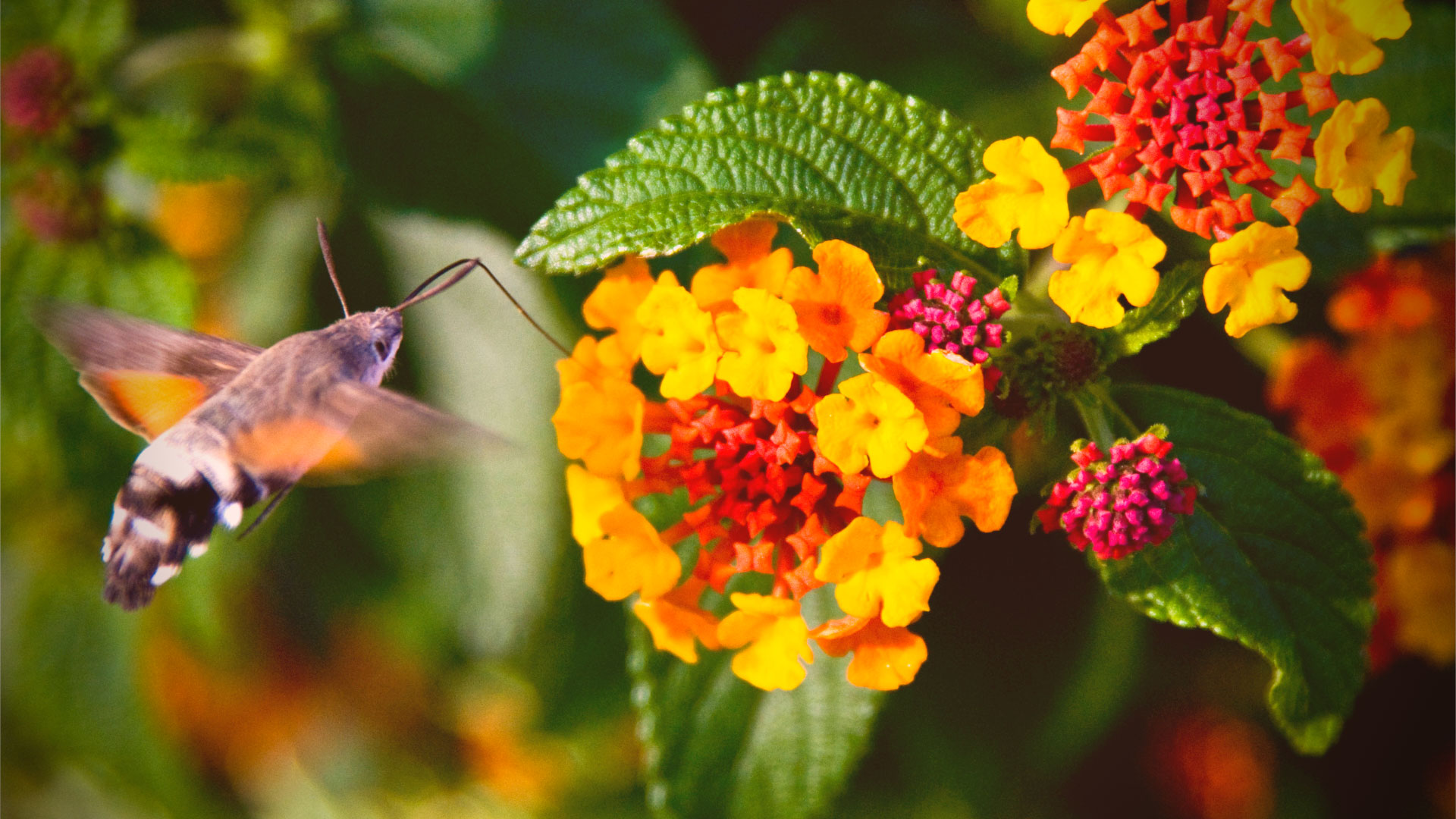We recently celebrated National Pollinator Week (June 22-28) and want to share why pollination is so important for our environment and how you can do your part.
What is pollination?
Pollination refers to the transport of pollen which makes the production of fruits and seeds possible. Examples of some pollinators include insects and animals such as bats, birds, flies, beetles and bees. Wind and water play a huge role as well.
Not only do plants require pollination, but they also need the correct habitat for all things to work. There are so many processes going on behind the scenes.
Did you know?
- An estimated 1/3 of all food and beverage is delivered by pollinators.
- In the US alone, pollinators contribute nearly $20 billion worth of products each year.
- More than 40% of pollinators are facing extinction today.
Unfortunately, pollinators have been at risk since the 1950s. This is mostly due habitat loss and fragmentation directly caused by humans. Recognizing their importance and purpose is necessary to continue eating many of the foods we love.
How You Can Help: 4 Tips
To thank your pollinators for all that they do, you can help by creating a proper environment for them. With a pollinator garden you can provide a habitat that bees, butterflies, etc. need in order to do their jobs. The following 4 tips will give you the basics needed to start your own.
Tip 1: Plant
You will want to plant a pollinator-friendly habitat in your garden to attract them. Visit pollinator.org for a guide on what to start with in your specific geographical region.
Tip 2: Water
Pollinators also need a source of fresh water. You can create your own watering station that will be safer for small winged pollinators while still also attracting birds.
Tip 3: Add Host Plants
You can consider offering host plants to attract a variety of species to your garden. While butterflies and other insects are traveling, they are also looking for a place to lay their eggs.
Tip 4: Provide Shelter
You also want to provide your pollinators with shelter. This can come in the form of many plants and shrubs. You can also consider man-made structures, such as bird boxes. Adding large stones to your garden helps many different bugs take shelter and also offers winged insects a place to sun themselves.
Bonus Tip! Choose Sustainable Materials
Don’t forget to make sustainable choices! Instead of buying new potting material, use milk cartons. Used coffee grinds and leftover grass clippings are a great way to create your own soil full of natural fertilizer. Not only is this non-toxic, it’s easy on your wallet too!
We are proudly certified by the Green Business Bureau.

